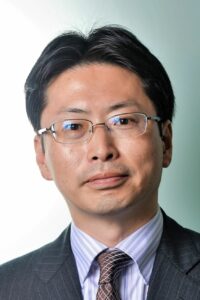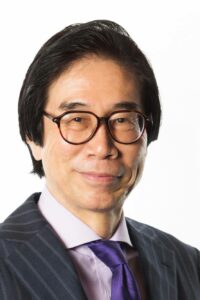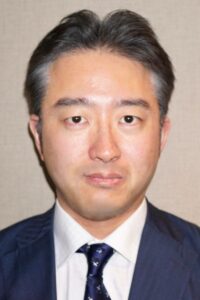
Nakakita Koji, Professor, Hitotsubashi University Many policies formulated and the biggest “what if” in the history of the Suga administration Former Prime Minister Suga Yoshihide decided not to run in the Presidential election of the Liberal Democratic Party (LDP) in September 2021, bringing the curtain down on more than a year of the Suga government. While the main focus of the Suga administration was the fight against COVID-19, the formulation and implementation of many policies in line with the trends of the times based on popular sentiment is a highly commendable accomplishment of Suga’s government. Such policies include setting decarbonization goals, directing the realization of a digital society, lowering cell phone charges, and expanding national health insurance for fertility treatments. Lagging digitalization in particular was a major issue by anyone’s standards. The fact that Suga was able to set up the Digital Agency ... ... [Read more]

